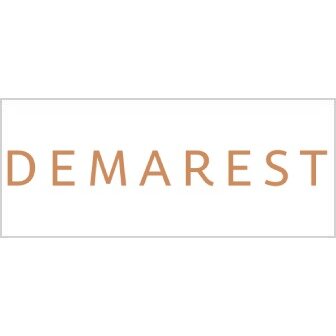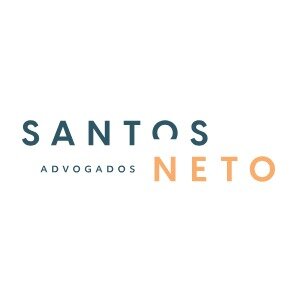Best Patent Lawyers in São Paulo
Share your needs with us, get contacted by law firms.
Free. Takes 2 min.
List of the best lawyers in São Paulo, Brazil
About Patent Law in São Paulo, Brazil
Patent law in São Paulo, Brazil is governed by the Industrial Property Law (Law No. 9.279/96) and is administered by the National Institute of Industrial Property (INPI). A patent grants the holder exclusive rights to their invention for a certain period of time, allowing them to prevent others from making, using, selling, or importing their invention without permission.
Why You May Need a Lawyer
There are several situations where you may require legal assistance in the field of patent law in São Paulo, Brazil. Some common reasons include filing a patent application, defending your patent against infringement, and navigating complex legal issues related to patents.
Local Laws Overview
Key aspects of local laws relevant to patent law in São Paulo, Brazil include the requirement of novelty, inventive step, and industrial applicability for patentability. Additionally, the process of obtaining and enforcing patents in Brazil can be complex and may require legal guidance.
Frequently Asked Questions
1. What is a patent?
A patent is a form of intellectual property that grants the holder exclusive rights to their invention for a certain period of time.
2. How do I apply for a patent in São Paulo, Brazil?
To apply for a patent in São Paulo, Brazil, you must file an application with the National Institute of Industrial Property (INPI) and meet the requirements for patentability.
3. How long does it take to obtain a patent in São Paulo, Brazil?
The process of obtaining a patent in São Paulo, Brazil can take several years, depending on the complexity of the invention and the backlog at the INPI.
4. How can I defend my patent against infringement?
If you believe someone is infringing on your patent rights, you may need to take legal action to defend your patent. A lawyer can help you navigate this process.
5. What rights does a patent grant me?
A patent grants the holder exclusive rights to their invention, allowing them to prevent others from making, using, selling, or importing their invention without permission.
6. Can I license my patent to someone else?
Yes, as the holder of a patent, you have the right to license your invention to others for a fee or royalty.
7. What happens if my patent application is rejected?
If your patent application is rejected, you may have the opportunity to appeal the decision or make revisions to your application to meet the requirements for patentability.
8. How long does a patent last in São Paulo, Brazil?
In São Paulo, Brazil, a patent typically lasts for 20 years from the filing date of the application.
9. Can I apply for a patent for a software invention in São Paulo, Brazil?
Yes, software inventions are patentable in São Paulo, Brazil, as long as they meet the requirements for patentability.
10. How can a lawyer help me with my patent issues in São Paulo, Brazil?
A lawyer with experience in patent law can help you navigate the complex legal issues related to patents, including filing applications, defending your patent, and enforcing your rights against infringement.
Additional Resources
For further information on patent law in São Paulo, Brazil, you can visit the website of the National Institute of Industrial Property (INPI) or seek guidance from local intellectual property law firms.
Next Steps
If you require legal assistance in the field of patent law in São Paulo, Brazil, it is advisable to consult with a qualified lawyer who specializes in intellectual property law. They can provide guidance on the specific legal issues you may be facing and help protect your patent rights.
Lawzana helps you find the best lawyers and law firms in São Paulo through a curated and pre-screened list of qualified legal professionals. Our platform offers rankings and detailed profiles of attorneys and law firms, allowing you to compare based on practice areas, including Patent, experience, and client feedback.
Each profile includes a description of the firm's areas of practice, client reviews, team members and partners, year of establishment, spoken languages, office locations, contact information, social media presence, and any published articles or resources. Most firms on our platform speak English and are experienced in both local and international legal matters.
Get a quote from top-rated law firms in São Paulo, Brazil — quickly, securely, and without unnecessary hassle.
Disclaimer:
The information provided on this page is for general informational purposes only and does not constitute legal advice. While we strive to ensure the accuracy and relevance of the content, legal information may change over time, and interpretations of the law can vary. You should always consult with a qualified legal professional for advice specific to your situation.
We disclaim all liability for actions taken or not taken based on the content of this page. If you believe any information is incorrect or outdated, please contact us, and we will review and update it where appropriate.













